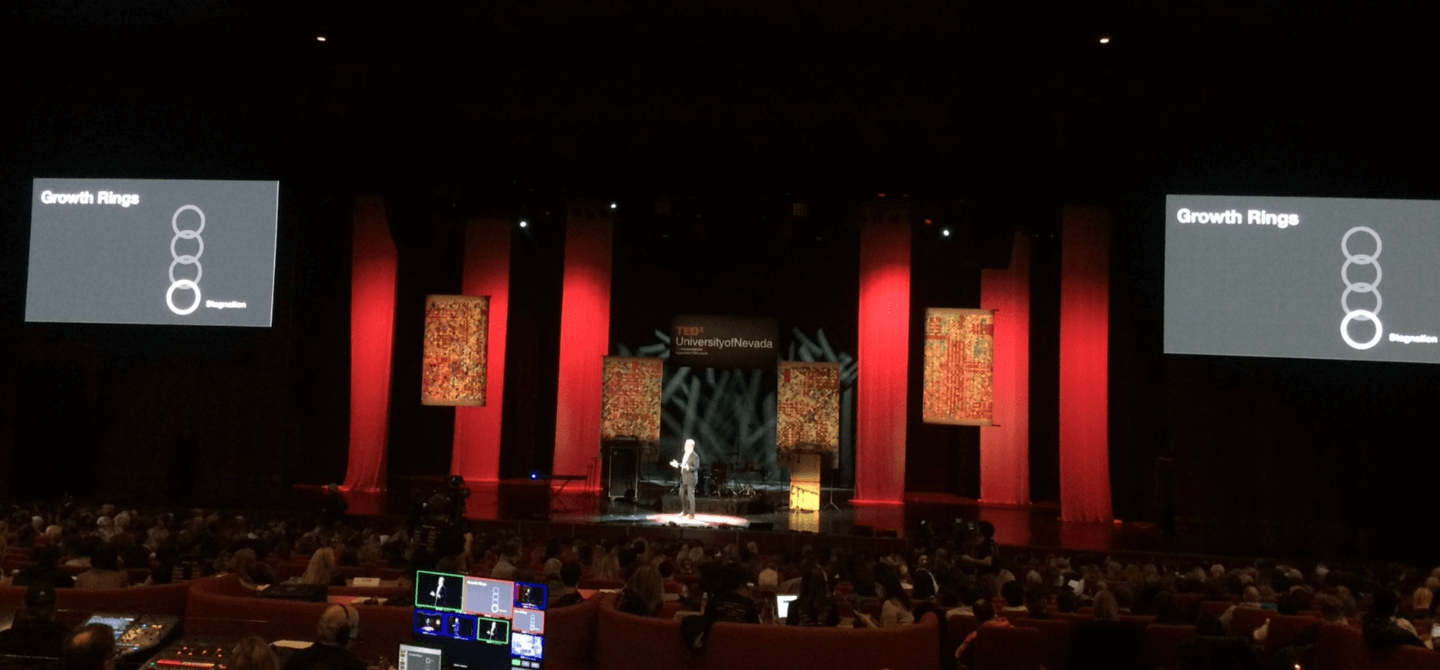Here are 2 ways team leaders can successfully navigate a remote environment.
After two economically challenging years that have fueled a rapidly evolving workforce, it’s an opportune time to step back and ask: Do you know where your managers stand?
We do. Our research during this time has shown us what has changed and what has stayed the same regarding how managers lead their team members. Understanding the why and helping managers evolve is how Ecsell Institute ensures managers keep their team members happy and engaged.
To be clear, managers haven’t forgotten how to block and tackle during COVID. It’s the intangibles that need work – the special effort that comes through in attitude, effort and communication with the team members they manage.
Using data from nearly 2,500 people surveyed, team members told us that now, two years into the pandemic, managers still perform well in areas like one-to-one meeting effectiveness. This offers team members a clear picture of what they need to do while keeping consistent meeting schedules.
But the data also tells us that management has changed over the past two years. In our surveys, managers scored significantly lower than they previously have when it comes to areas like making team members feel they are an important part of the team, recognizing and rewarding team achievements, and holding other team members accountable for their job performance.
Understanding The ‘Why’
Gathering valuable data is one thing. But deciphering it and producing tangible solutions from that data analysis is how Ecsell Institute helps managers grow. Because, let’s face it, if managers don’t adapt and learn new methods of managing in these challenging times, then the Great Resignation will linger, and managers will continue to lose valuable members of their teams.
One of the most obvious shifts we have seen is a surprise to no one: where people are doing their work. Prior to the pandemic, most respondents worked in a more traditional office environment. In the post-COVID data, only about a third of team members were still in or had gone back to the office.
While this move to working from home is no surprise, the data helps us understand how this shift to remote work has impacted the relationship between managers and their team members.
As noted, when it comes to behaviors like recognizing and rewarding team achievements, or showing that they are working as hard as their team members, manager scores dropped in meaningful ways during the pandemic. This presents two major challenges:
-
Managers are having a tougher time showing their team members that everyone on the team, including themselves, is working hard and doing what they’re supposed to be doing.
-
Managers are struggling to provide enough appreciation and recognition to ensure their team members feel valued and fairly rewarded for their work.
Three Solutions for Managers
Our data shows that managers need to improve how well they convey that everyone on the team is pulling their weight. Additionally, when a team member does a job well, they are recognized.
In our Ecsell Institute white paper, “The 2 Major Challenges Managers Face in a Remote World & the Best Way to Overcome Them,” we share tactics managers can implement in an effort to improve the relationships with their team members. You can download that free white paper below.
Until then, consider these three brief concepts managers can try:
- Be more open about individual performance metrics.
- Provide more individualized recognition.
- Be explicit about each team member’s contributions.
To learn more about managing in the post-COVID world, and how to become a better coach to your team members all the time, set a meeting to chat more about the Ecsell Institute Coaching Effect Survey and Coaching Effect Academy.

























